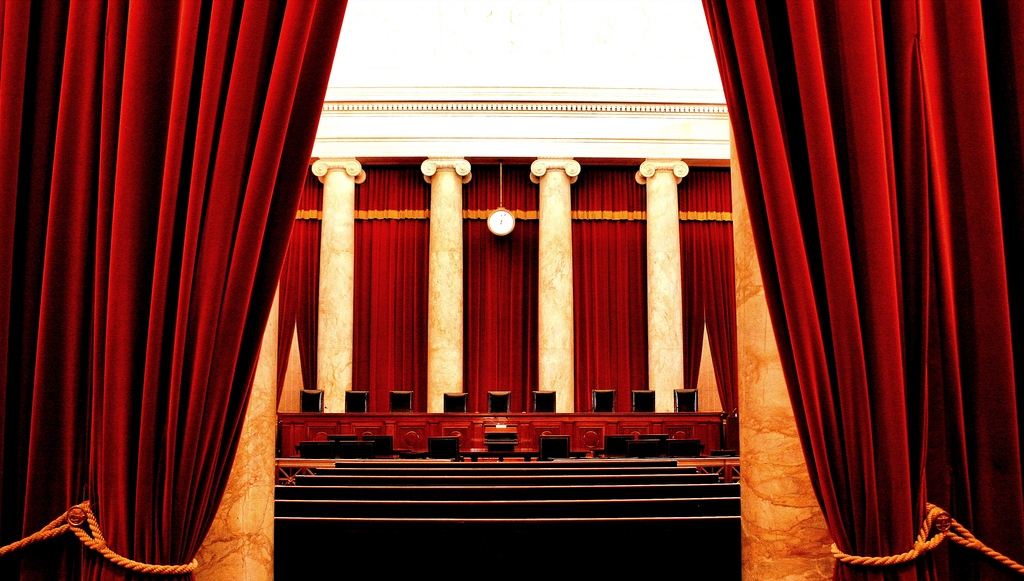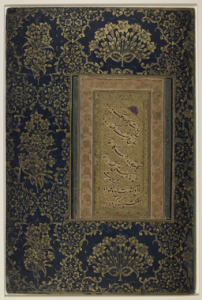[Editor’s Note: This post is in response to “Law’s Prayer: Town of Greece v Galloway” by Winnifred Fallers Sullivan.]
 In response to Winni Sullivan’s astute analysis of Town of Greece v. Galloway, I want to probe her claim that “prayers are tamed by law,” before looking in a little more detail at the content of these public prayers. On one level, the claim is straightforward enough. Scholars of law and religion use “law’s words and law’s aesthetics” to “describe and judge” the prayers. Public prayers come under the jurisdiction of legal terminology in an analysis that is highly textual. But the more fascinating and challenging claim is that, prior to this academic surveillance operation, the pray-ers/prayers themselves have already spontaneously become law. This sounds like a contemporary Foucauldian story about the internalisation of law’s discipline. But there are also echoes of an older story, told by (for example) Aristotle, Seneca, and Paul. Law is not the real thing, the thing in itself, but an eikon (image) of the good society. The good person, the god-like person, becomes living law.
In response to Winni Sullivan’s astute analysis of Town of Greece v. Galloway, I want to probe her claim that “prayers are tamed by law,” before looking in a little more detail at the content of these public prayers. On one level, the claim is straightforward enough. Scholars of law and religion use “law’s words and law’s aesthetics” to “describe and judge” the prayers. Public prayers come under the jurisdiction of legal terminology in an analysis that is highly textual. But the more fascinating and challenging claim is that, prior to this academic surveillance operation, the pray-ers/prayers themselves have already spontaneously become law. This sounds like a contemporary Foucauldian story about the internalisation of law’s discipline. But there are also echoes of an older story, told by (for example) Aristotle, Seneca, and Paul. Law is not the real thing, the thing in itself, but an eikon (image) of the good society. The good person, the god-like person, becomes living law.


